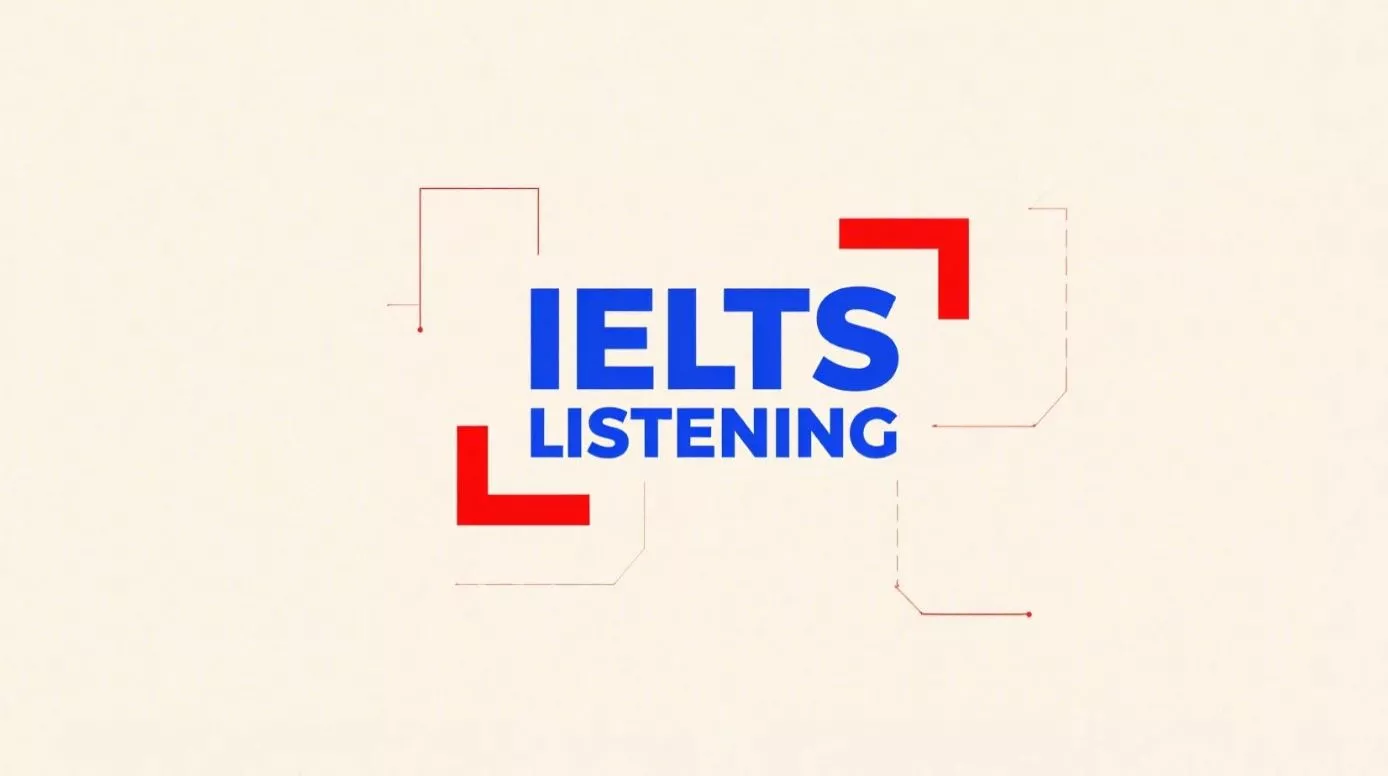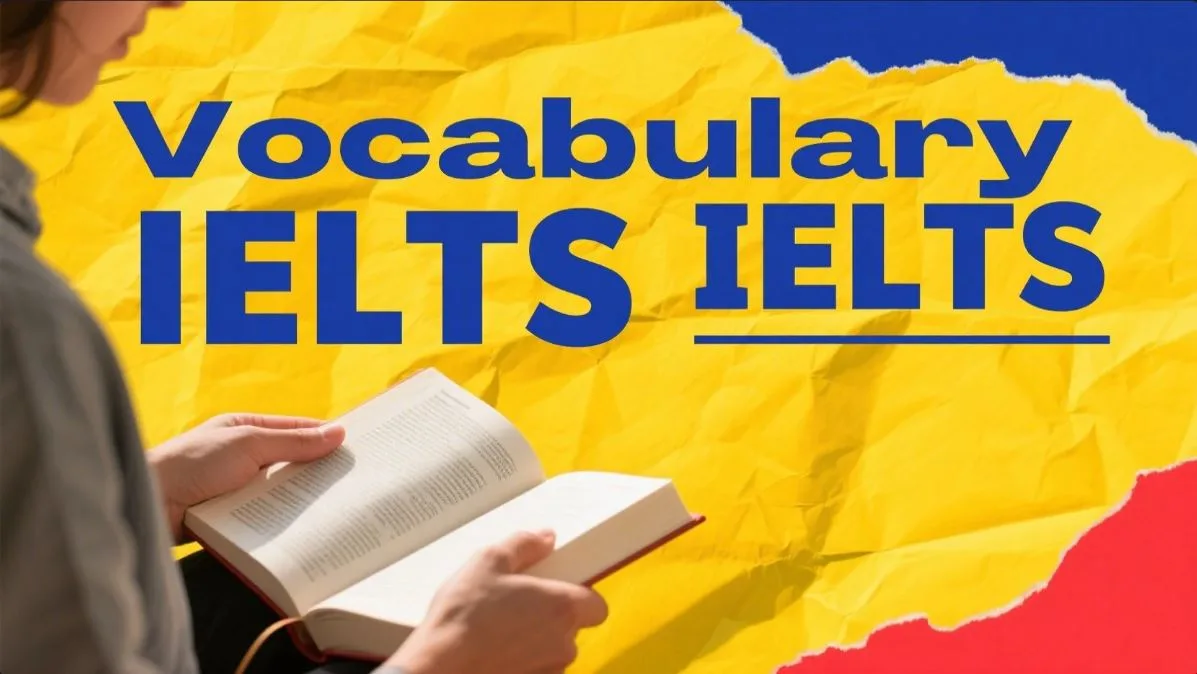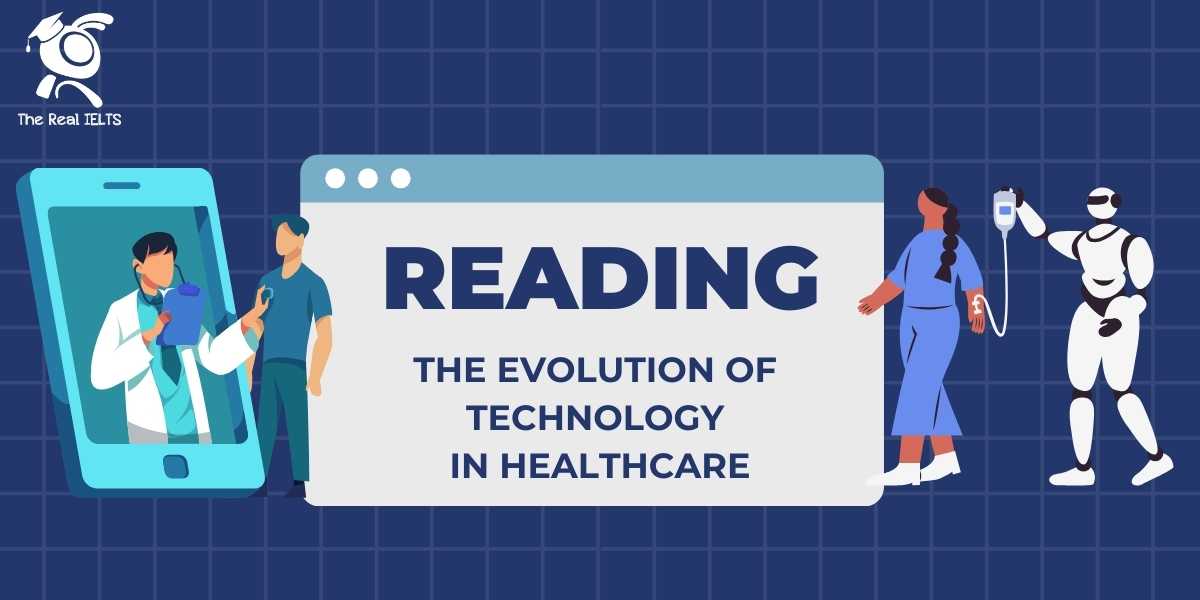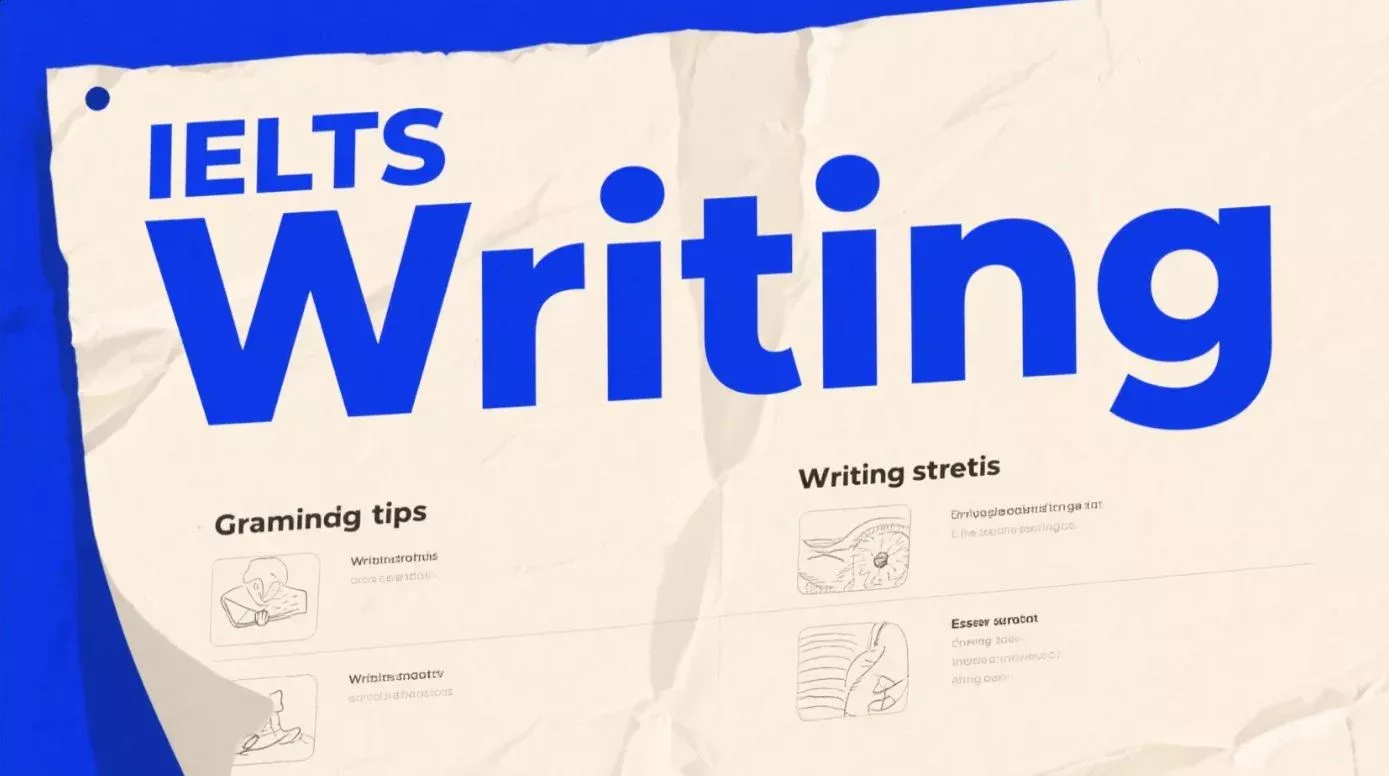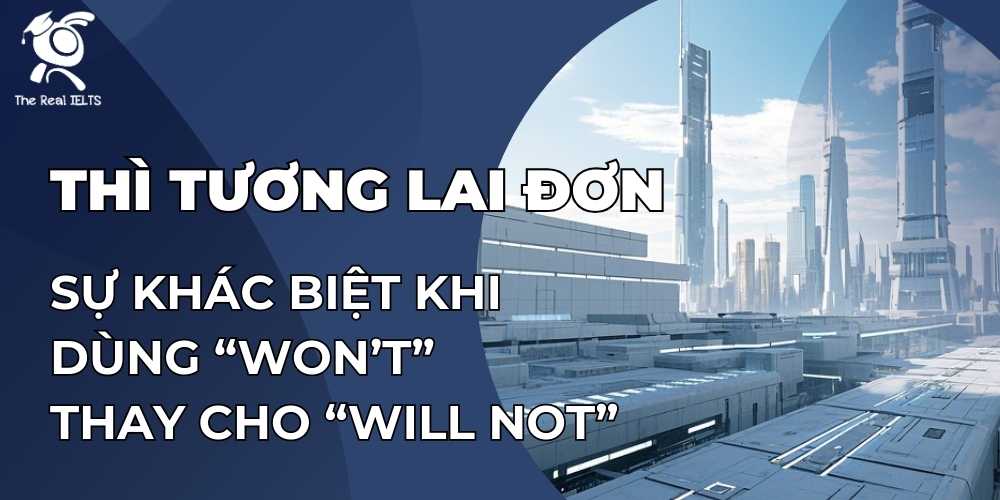Kỹ năng nghe là một trong những thách thức lớn nhất đối với thí sinh IELTS, đòi hỏi sự tập trung và khả năng xử lý thông tin nhanh. IELTS Listening kiểm tra không chỉ khả năng nắm bắt chi tiết mà còn tư duy phân tích qua các dạng câu hỏi đa dạng, từ hội thoại đời thường đến bài giảng học thuật. Để đạt band điểm cao, người học cần chiến lược luyện tập hiệu quả, kết hợp giữa kỹ thuật làm bài và cải thiện vốn từ vựng chuyên sâu.
Đọc thêm: Download Tài liệu IELTS Listening giá 0 đồng.
IELTS LISTENING SECTION 1: FORM COMPLETION
Context: A woman is calling a local hotel to make a booking for her holiday.
Questions 1–10: Complete the form below. Write NO MORE THAN TWO WORDS AND/OR A NUMBER for each answer.
HOLIDAY BOOKING FORM
- Full name: ___________________
- Phone number: ___________________
- Number of people: ___________________
- Arrival date: ___________________
- Number of nights: ___________________
- Type of room: ___________________
- Extra requirement: near the ___________________
- Meal preference: ___________________
- Estimated check-in time: ___________________
- Will bring a ___________________
SECTION 2: MULTIPLE CHOICE & MAP LABELLING
Context: A tour guide is giving information about a city museum.
Questions 11–14: Choose the correct letter A, B, or C.
- The museum opens at:
A. 8:30 AM
B. 9:00 AM
C. 9:30 AM - The museum is closed on:
A. Mondays
B. Fridays
C. Sundays - Tickets are free for:
A. Tourists
B. Children under 12
C. University students - The museum café serves:
A. Breakfast only
B. Lunch and snacks
C. Full meals
Questions 15–20: Label the map below.
Write the correct letter A–G next to each question.
- Information desk
- Ancient Art Room
- Gift Shop
- Children’s Activity Zone
- Museum Café
- Toilets
(Map is described in transcript – assume basic room layout)
SECTION 3: MATCHING & TABLE COMPLETION
Context: Two students are discussing their business course project with a professor.
Questions 21–25: Match the student with the task assigned.
A. Collect data
B. Create visual charts
C. Prepare presentation
D. Write the report
E. Review competitor products
- Jason ______
- Lisa ______
- Maria ______
- David ______
- Sophie ______
Questions 26–30: Complete the table below.
| Product | Market Size | Rating (out of 10) |
|---|---|---|
| Smart Bottle | __________ (26) | 7 |
| E-Notebook | 25,000 units | __________ (27) |
| Fitness Band | __________ (28) | 6 |
| Eco Lamp | 30,000 units | __________ (29) |
| Smart Wallet | 20,000 units | __________ (30) |
SECTION 4: NOTE COMPLETION
Context: A lecturer is giving a talk on the importance of sleep for students.
Questions 31–40: Complete the notes below.
THE IMPORTANCE OF SLEEP
- Students often sacrifice sleep for __________
- Lack of sleep can affect __________ and concentration
- Sleeping less than __________ hours per night is considered insufficient
- Best time for deep sleep is between __________ and 2 a.m.
- Sleep helps in memory __________
- Avoid caffeine after __________
- Ideal bedroom should be __________ and dark
- Recommended daily nap time: __________ minutes
- Sleep problems can lead to increased __________
- Try to go to bed at the __________ every night
ANSWER KEY
Section 1:
- Sarah Jennings
- 0779 243 586
- 3
- July 12th
- 5
- family room
- swimming pool
- vegetarian
- 4 p.m.
- dog
Section 2:
11. C
12. A
13. B
14. B
15. B
16. D
17. A
18. F
19. G
20. E
Section 3:
21. D
22. A
23. C
24. E
25. B
26. 40,000 units
27. 8
28. 35,000 units
29. 9
30. 7
Section 4:
31. studying
32. memory
33. 6
34. 10 p.m.
35. retention
36. 3 p.m.
37. quiet
38. 20
39. stress
40. same time
TRANSCRIPT
SECTION 1 – FORM COMPLETION
Context: A woman is calling a hotel to book a room for her holiday.
Man: Good afternoon, Paradise Hotel. How can I help you?
Woman: Hello, I’d like to book a room for a short holiday next month.
Man: Sure. May I have your name, please?
Woman: Yes, it’s Sarah Jennings.
Man: Thank you. And your phone number?
Woman: It’s 0779 243 586.
Man: Okay. How many people will be staying?
Woman: Three – myself, my husband, and our daughter.
Man: Got it. What date will you arrive?
Woman: July 12th.
Man: And how many nights will you be staying?
Woman: Five nights.
Man: Would you prefer a double room, a twin room, or a family room?
Woman: A family room, please.
Man: Any special requests?
Woman: Yes, if possible, a room near the swimming pool.
Man: Sure. And would you like to include breakfast and dinner?
Woman: Just breakfast, please. We’re vegetarian, so it would be easier.
Man: No problem. What time do you think you’ll arrive?
Woman: Around 4 p.m.
Man: Great. And are you bringing any pets?
Woman: Yes, we’ll bring our small dog.
Man: That’s fine – we’re pet-friendly.
SECTION 2 – MULTIPLE CHOICE & MAP LABELLING
Context: A tour guide is speaking to visitors about the City Museum.
Tour Guide:
Good morning, everyone, and welcome to the City Museum. I’m James, your guide for today. The museum opens at 9:30 a.m., and we close at 5 p.m., Monday through Saturday. On Sundays, we’re closed.
Admission is free for children under 12, and there’s a discount for university students with ID.
You’ll find a café near the main entrance. It serves lunch and light snacks, but not breakfast or dinner.
Now, let me explain the layout of the museum so you don’t get lost. You are here, at the main entrance. The Information Desk is directly in front of you. If you walk to your left, you’ll find the Ancient Art Room, which displays pottery and sculptures.
To the right of the entrance is the Gift Shop – great for souvenirs.
Next to it is the Children’s Activity Zone, where we have crafts and games. Further along the same hallway, you’ll reach the Museum Café.
At the far end of the hall, near the back exit, you’ll see the Toilets. Please take a map if you haven’t already!
SECTION 3 – MATCHING & TABLE COMPLETION
Context: Students are discussing their group project with a business professor.
Professor:
So, how is your product marketing project going?
Jason: Pretty well. I’m writing the final report.
Professor: Good, Jason. And Lisa?
Lisa: I’ve started collecting customer data from our surveys.
Professor: Excellent. Maria?
Maria: I’ll be doing the presentation next week.
Professor: Great. And David?
David: I’m researching our competitors and their products.
Professor: That’s very useful. And what about Sophie?
Sophie: I’m making some pie charts and graphs based on Lisa’s data.
Professor: Good teamwork! Now let’s look at the table of your market research.
Jason: The Smart Bottle had a market size of 40,000 units, and we rated it 7 out of 10.
Lisa: The E-Notebook sold 25,000 units and got a rating of 8.
Maria: The Fitness Band sold 35,000 units, with a rating of 6.
David: The Eco Lamp had the highest rating – 9, and it sold 30,000 units.
Sophie: The Smart Wallet was less popular – only 20,000 units, but it scored a 7.
SECTION 4 – NOTE COMPLETION
Context: A lecturer is giving a talk on sleep and how it affects students.
Lecturer:
Good afternoon. Today we’re discussing how sleep affects student performance.
Many students sacrifice sleep to spend more time studying, but this is often counterproductive. Lack of sleep can seriously affect your memory and concentration.
Most adults need around 7–8 hours of sleep. Anything less than 6 hours is considered insufficient.
The best time for deep sleep is between 10 p.m. and 2 a.m., so going to bed late regularly can disrupt this.
Sleep also plays a key role in memory retention, which is vital for academic success.
Avoid caffeine in the afternoon – especially after 3 p.m., as it can stay in your system for hours.
To sleep better, your bedroom should be quiet and dark.
A short nap during the day – ideally 20 minutes – can help if you feel tired.
Long-term sleep problems may increase your levels of stress and anxiety.
To improve your sleep routine, try to go to bed at the same time every night, even on weekends.


